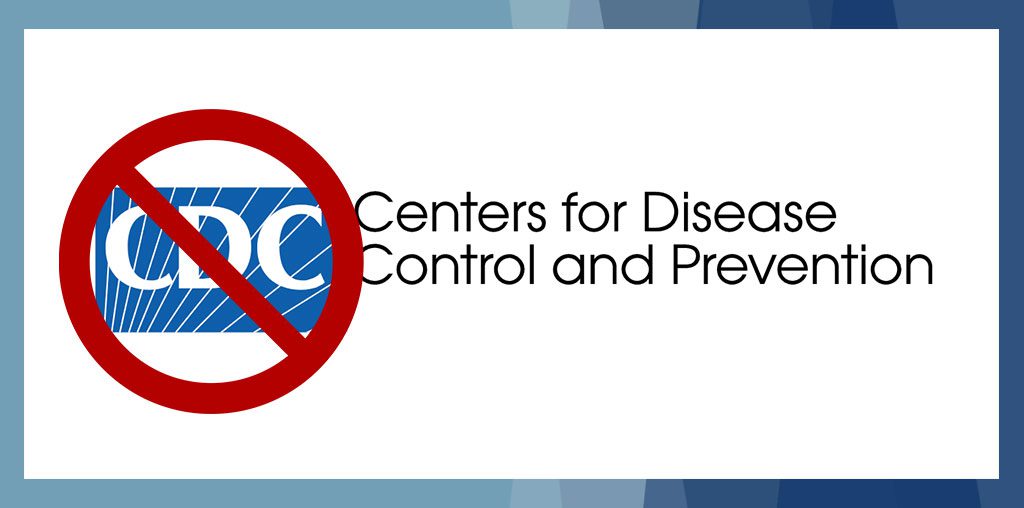
On August 26, 2021, the U.S. Supreme Court, in a per curiam opinion, vacated the stay of a judgment by the U.S. District Court for the District of Columbia, which had held that the Centers for Disease Control and Prevention (“CDC”) had lacked statutory authority to impose a nationwide moratorium on evictions of tenants in financial need living in counties experiencing substantial or high levels of COVID-19 transmission[1]. This is a substantial win for landlords across the country.
The Supreme Court echoed the axiom that a federal agency may not exceed the authority granted to it under law. Here, the CDC had imposed a nationwide moratorium on evictions (with violators subject to criminal penalties of up to a $250,000 fine and one year in jail) purportedly under authority granted to the CDC under a rarely invoked provision of a 1944 statute, the Public Health Service Act. This statute had granted the CDC authority to prevent the introduction, transmission, or spread of communicable diseases from foreign countries into a state or from state to state through the implementation of measures such as inspection, fumigation, disinfection, sanitation, pest extermination, and destruction of contaminated animals and articles. However, never before had this statute been used to support an eviction moratorium.
The Supreme Court in a stark rebuke to the CDC emphasized that “it strains credulity to believe that this statute grants the CDC the sweeping authority that it asserts”, and that the Court would “expect Congress to speak clearly when authorizing an agency to exercise powers of ‘vast “economic and political significance.”’ The Court also highlighted that “the moratorium intrudes into an area that is the particular domain of state law: the landlord-tenant relationship”. As such, per Court precedent the statute would have had to have been exceedingly clear with respect to authority granted if Congress had desired “to significantly alter the balance between federal and state power and the power of the Government over private property.”
Ultimately, the Court concluded that if a federally imposed eviction moratorium were to continue that it would be up to Congress to authorize such action. In response to the decision, White House Press Secretary Jen Psaki issued a written statement that President Biden is again “calling on all entities that can prevent evictions – from cities and states to local courts, landlords, Cabinet Agencies – to urgently act to prevent evictions.” While this is welcome news for landlords in a majority of states, there are still areas where localized or statewide eviction moratoriums remain in effect and a thorough legal analysis should be conducted prior to initiating any eviction processes.
[1] Alabama Assn. of Realtors v. Department of Health and Human Servs., No. 21A23, 2021 WL 3783142 (U.S., Aug. 26, 2021). Justices Breyer, Sotomayor and Kagan dissented.
_______________________________
This alert should not be construed as legal advice or a legal opinion on any specific facts or circumstances. This alert is not intended to create, and receipt of it does not constitute, a lawyer-client relationship. The contents are intended for general informational purposes only, and you are urged to consult your attorney concerning any particular situation and any specific legal question you may have. We are working diligently to remain well informed and up to date on information and advisements as they become available. As such, please reach out to us if you need help addressing any of the issues discussed in this alert, or any other issues or concerns you may have relating to your business. We are ready to help guide you through these challenging times.
Unless expressly provided, this alert does not constitute written tax advice as described in 31 C.F.R. §10, et seq. and is not intended or written by us to be used and/or relied on as written tax advice for any purpose including, without limitation, the marketing of any transaction addressed herein. Any U.S. federal tax advice rendered by DarrowEverett LLP shall be conspicuously labeled as such, shall include a discussion of all relevant facts and circumstances, as well as of any representations, statements, findings, or agreements (including projections, financial forecasts, or appraisals) upon which we rely, applicable to transactions discussed therein in compliance with 31 C.F.R. §10.37, shall relate the applicable law and authorities to the facts, and shall set forth any applicable limits on the use of such advice.

